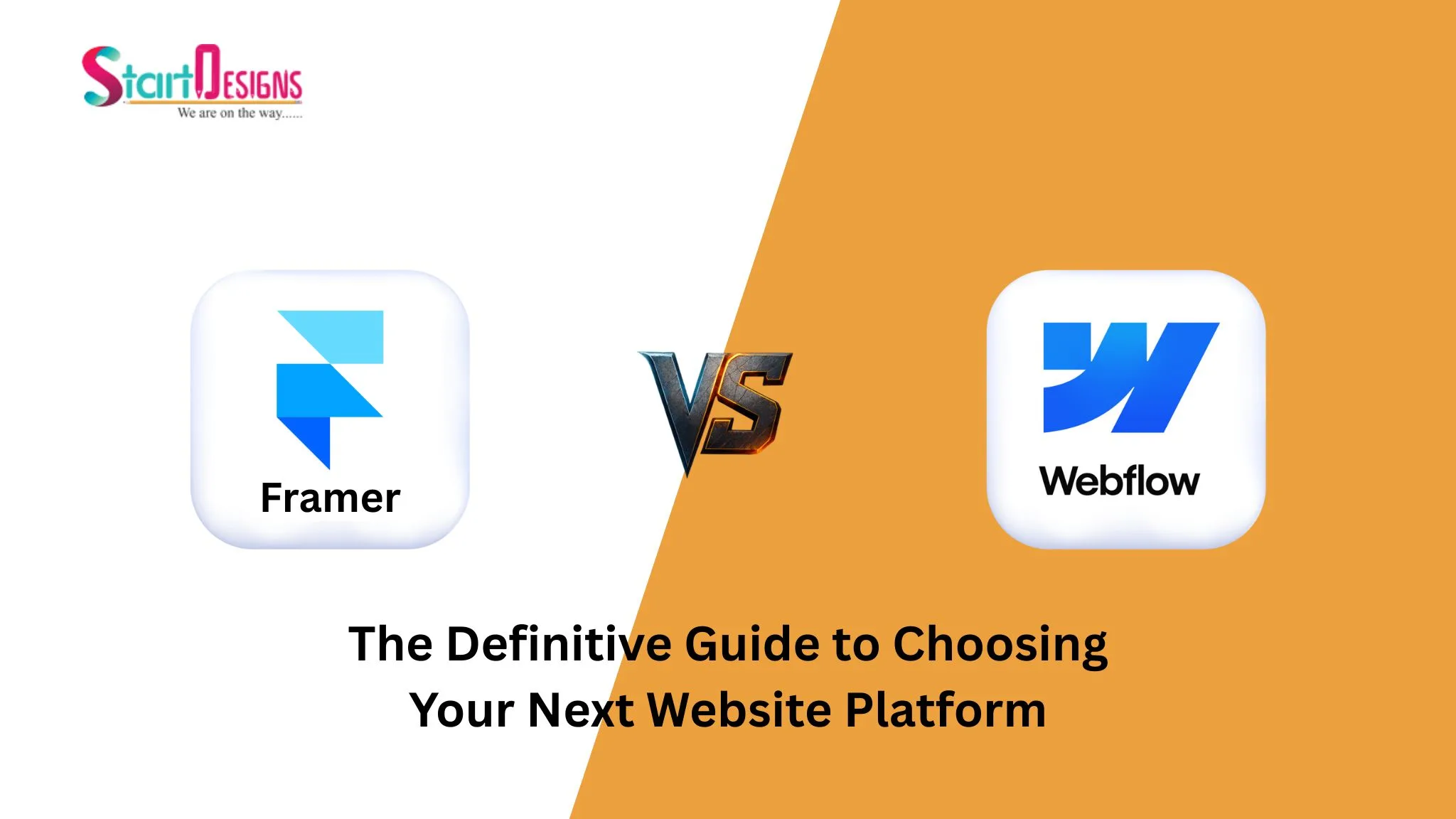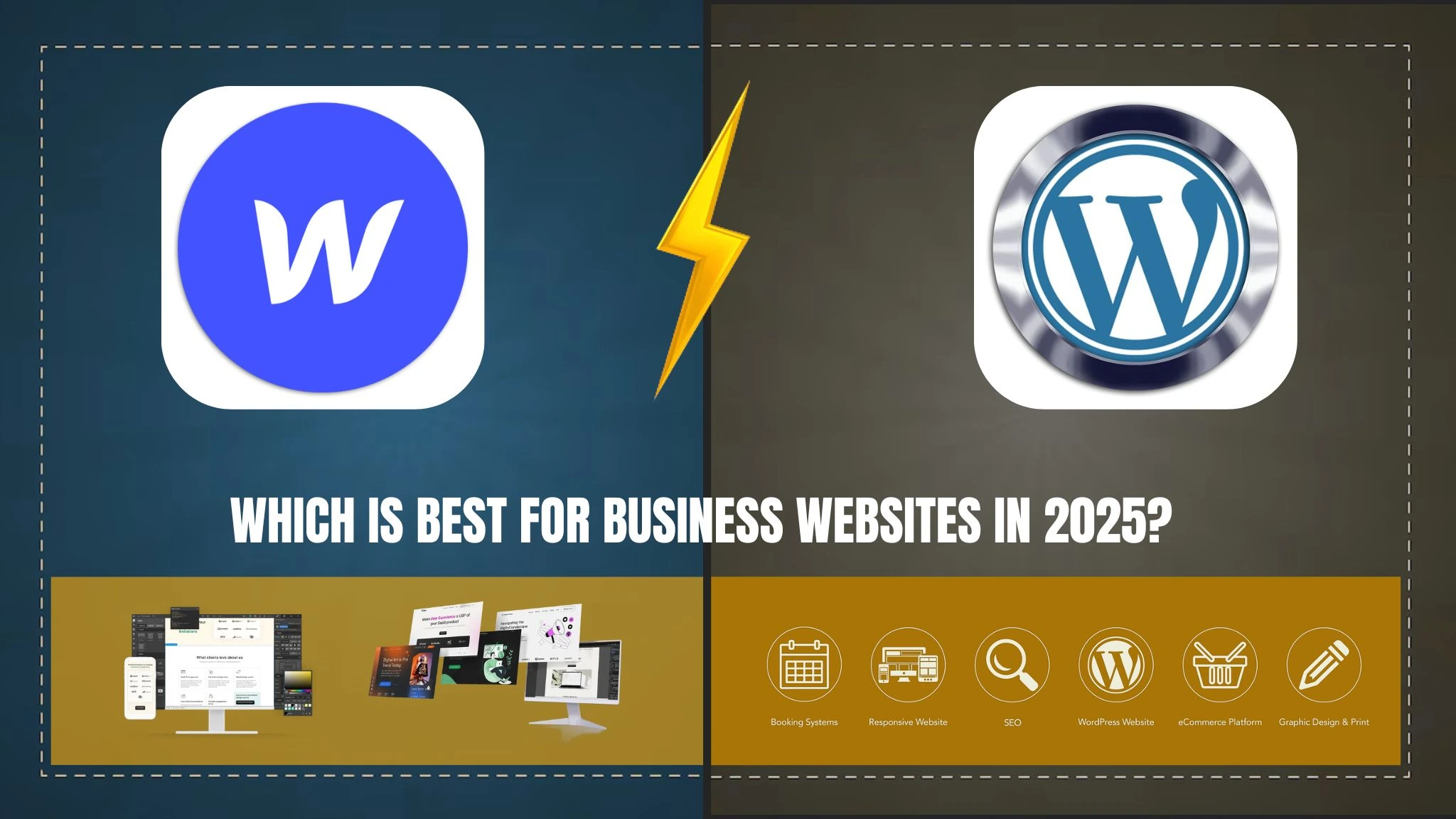It is difficult to ignore the fact that AI in digital marketing has transformed the way companies present themselves online. At times, it seems like all the tools, such as email service providers or website creators, have been AI-powered. It is probably just marketing hype, but something is happening.
I find myself returning to the same point of view again and again. The internet nowadays is not just about being visible. It’s about being remembered. And AI, whether it is good or bad, is finding its way into how brands do that.
Websites That Think Themselves
Several years back, web design was the topic of templates. You have selected one, edited the colors, inserted a logo, and hoped that it appeared professional. But now? It is AI tools that are proposing layouts, churning out copy, and even changing designs on the fly with regard to who is visiting.
As an example, I tried one of these AI-based builders last month. Frankly speaking, I did not expect much, but it turned out to be so; it understood what type of layout would be appealing to the younger audience and not to the older audience. Was it perfect? Not at all. But the direction was clever.
It is a question, though, whether when websites are made too adaptive, they lose that brand identity. Or are they simply more individual, like a chameleon changing with the surroundings? I’m not sure.
Marketing Brains Some (or so)
When human beings discuss AI in digital marketing, the discussion leaps directly to the idea of automation, or self-scheduling emails or auto-optimizing advertisements, rather than constantly fiddling with them. And yes, that’s happening. More interesting is the way that AI is being taught the tone, intent, and behavior.
Consider individualization. Theoretically, AI will be able to suggest precisely the correct product at the correct time. Nevertheless, there is a fine border between useful and, to be honest, creepy. Similar to the way an advertisement appears to know what you want to purchase even before uttering it aloud. That can feel invasive.
Nevertheless, this type of targeting is effective in terms of business. The conversion rates increase, clients become retentive, and small enterprises all of a sudden can enjoy the sort of insight that was previously a preserve of large-scale budgets.
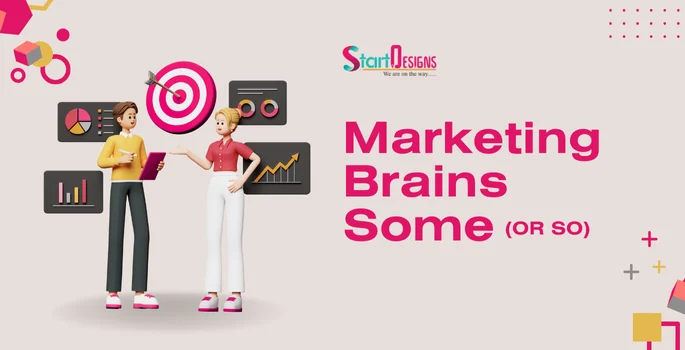
A More Human Web?
Ironically, the emergence of AI could make the internet world more human. Hear me out. Rather than unbending websites and mass advertisements, companies have the opportunity to build experiences that are responsive and dynamic. Instead of getting overwhelmed with everything, a site may meet you by knowing in advance what you need.
But herein lies the point that I struggle with: when AI is doing so much of the creative heavy lifting, where does the actual human imagination come in? I say pretty machine can create a gorgeous landing page, but can it ever get such a weird sense of humour, such flaws that make a brand stick?
Perhaps, it will not be AI eliminating creativity, but AI taking care of the foundation, the boring optimization, the trial, so that people can concentrate on the spark. Hopefully, at least that is what is optimistic.
AI and Data: A New Goldmine for Marketers
All right, we need to discuss the data a bit. I say that when you go deep into it, digital marketing AI is all about the collection, analysis, and response to data. It is actually like having your own assistant, who is not only aware of what you have been up to but has the gift of anticipating what you require, even before you ever get to know.
As an example, AI applications can analyze user actions on internet websites, identify trends, and subsequently change marketing approaches in near real time. It is as though your site were reading the room and completely changing itself to suit the mood. It is a game-changer since this will enable marketers to hyper-target and refine campaigns in real-time, and eventually achieve higher conversion rates.
But there’s a catch. The larger the quantity of data the AI can extract, the bigger the ethical consideration we have to exercise. Privacy concerns are real. I say, how comfortable would we be with the thought that we do not know ourselves, but AI does? Finding the right balance between helpful and obtrusive is not an easy thing. That is what businesses have to tread.
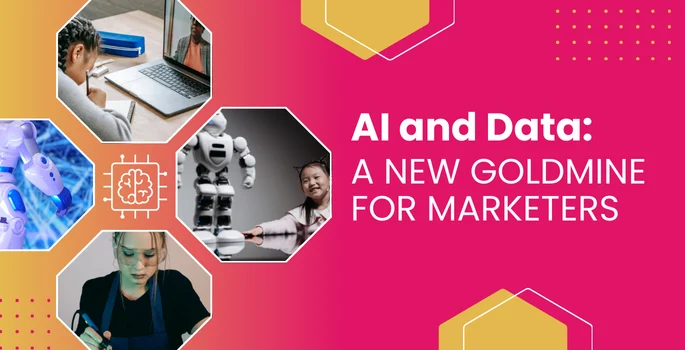
What Comes Next
In the future, AI appears to be bound to influence internet presence. The websites can be livelier, even chatty. Marketing may be based not on wide campaigns but on personal trips.
However, I believe that there will always be this conflict: efficiency vs. authenticity. The less human the edges are polished by the more AI creates its work, the greater the significance given to those bits of human touch, messy, imperfect, and unique.
So, the future? It’s not just a Digital marketing agency in Blackburn or website innovation in isolation. It’s how the two blend into something that feels both smart and strangely personal. And maybe that’s the point—we’re building an internet that doesn’t just look polished, but one that remembers we’re people on the other side of the screen.
The Human Touch: Why AI Can Never Do It All
I do not want to sound wrong, but AI is still, however, artificial. Sure, it is capable of doing the heavy lifting, such as the analysis of the metrics, automated responses, and even user experiences. There is something human that AI cannot produce.
I have just read a case study of a company that applied AI to customize its emails. The results? Impressive. The increase in open rates and additional clicks. However, as the company resolved to adopt a human approach in engaging with the users on social media, the interaction increased enormously. It has something to do with an individual, personal interaction that cannot be matched with the help of an algorithm.
So, maybe the future of digital marketing and web design isn’t just about AI taking over. It’s about a partnership between human creativity and AI efficiency. Sure, AI can handle the heavy lifting, but it’s the human elements—empathy, intuition, and storytelling—that will continue to build genuine connections with people.
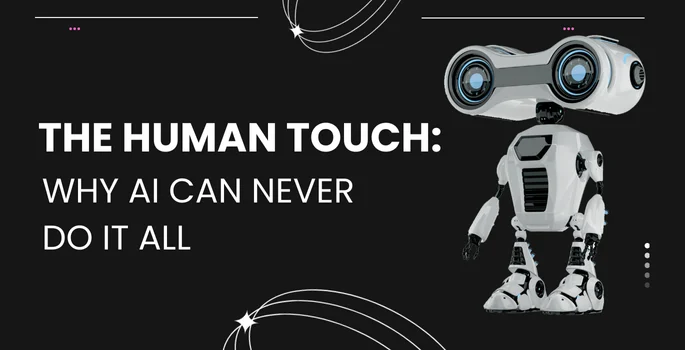
About the author
Popular Posts

What is Lovable AI? Discover the Magic Behind the Lovable Builder
January 28, 2026- 7 Min Read
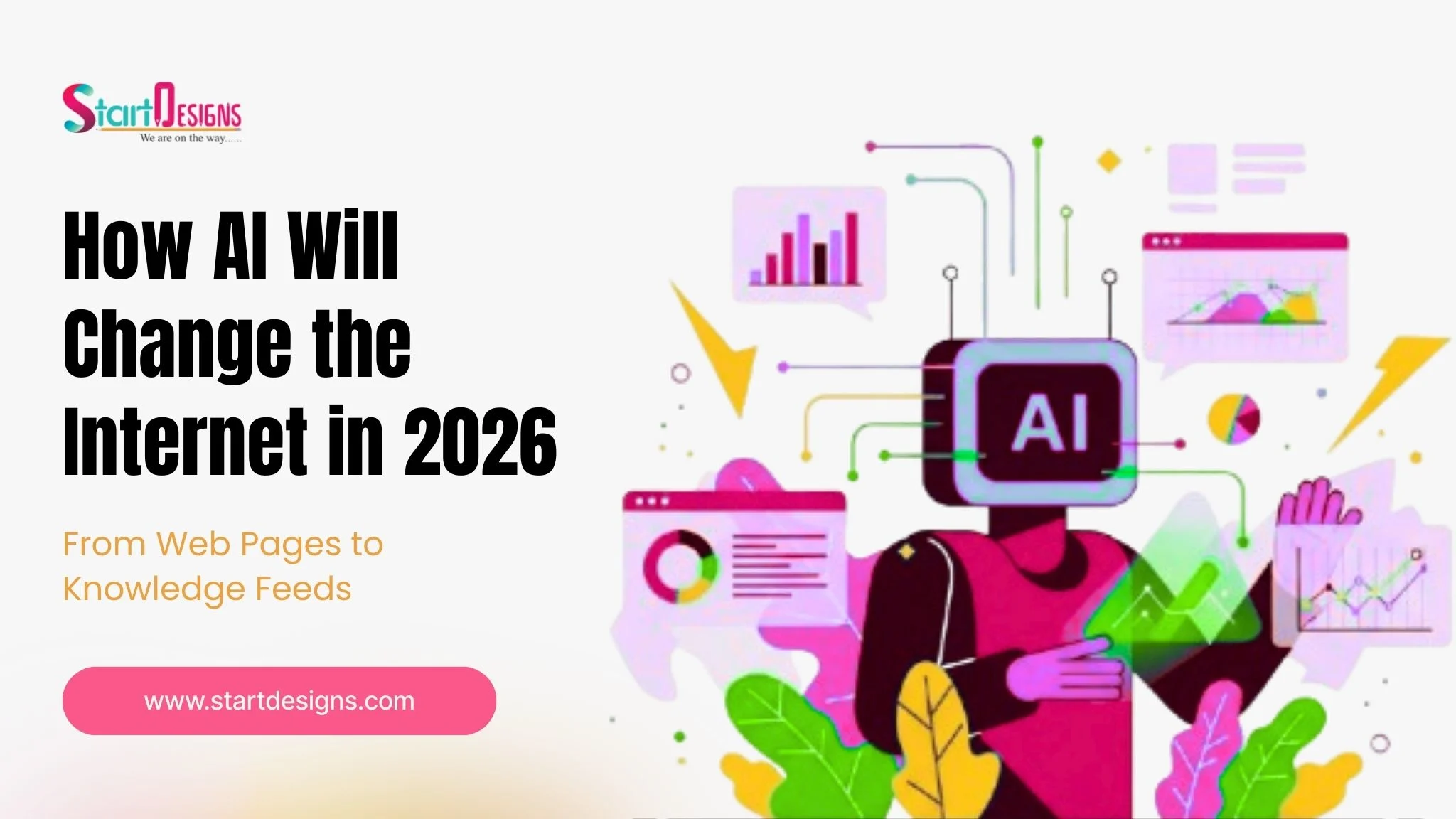
From Web Pages to Knowledge Feeds: How AI Will Change the Internet in 2026
December 30, 2025- 6 Min Read
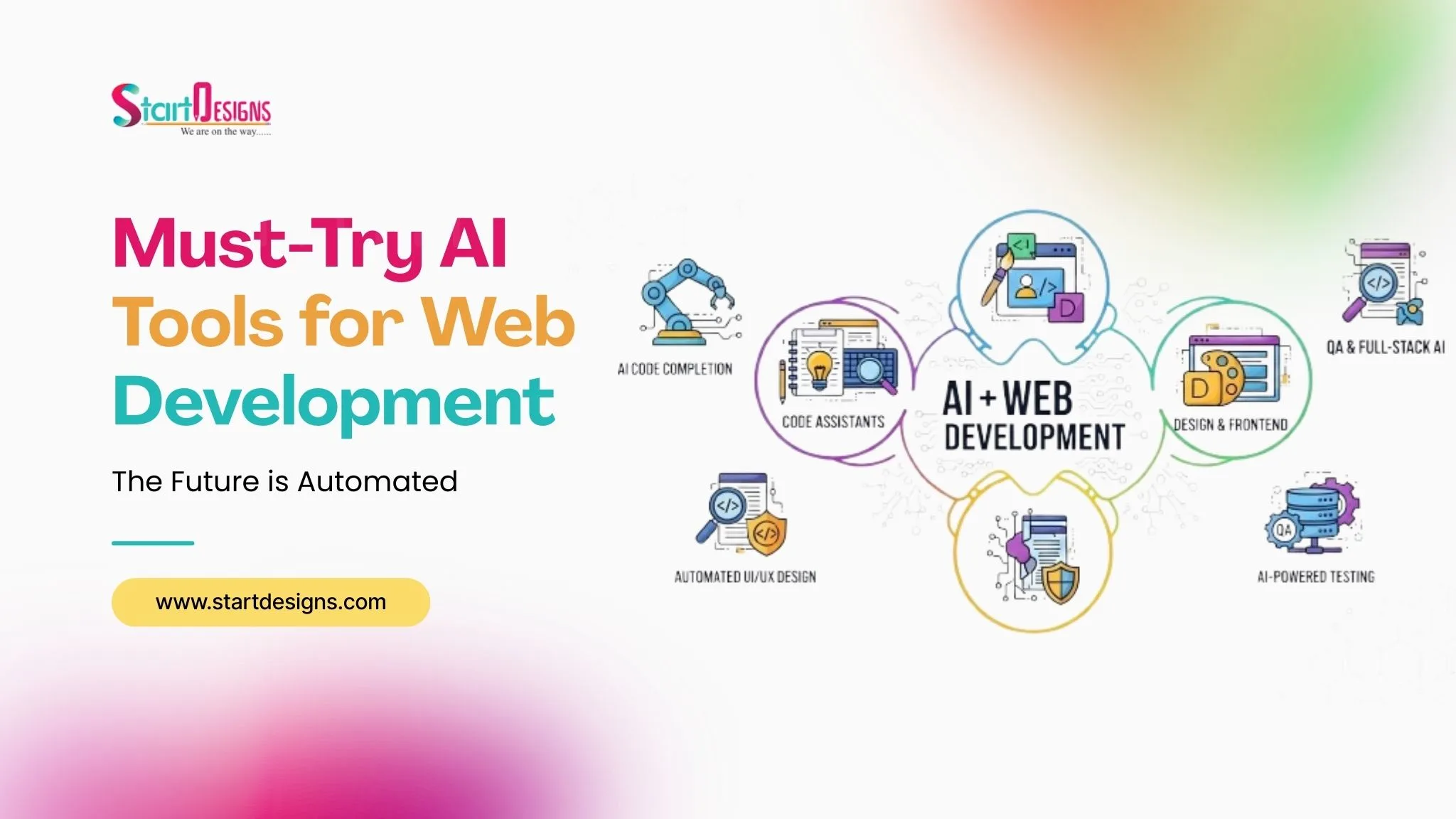
9 Must-Try AI Tools for Web Development in 2026: The Future is Automated
December 10, 2025- 9 Min Read

